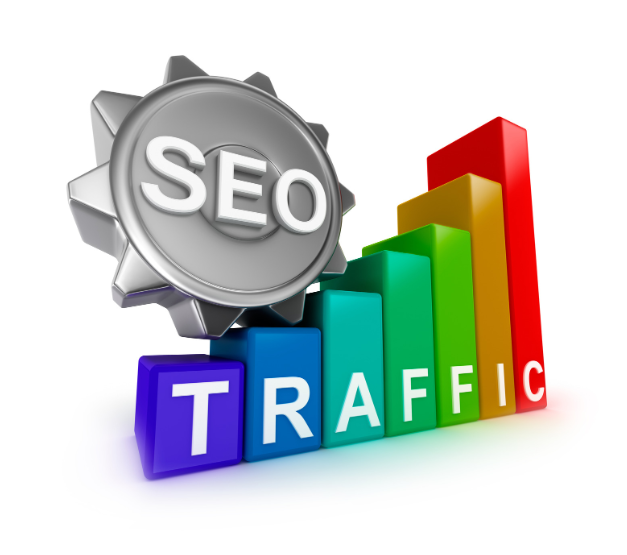In today’s digital age, the importance of SEO services cannot be overstated. With millions of websites competing for attention, having a solid SEO strategy is paramount for businesses aiming to enhance their online visibility and attract organic traffic. However, the landscape of SEO is constantly evolving, shaped by emerging trends and technologies that dictate the future of search engine optimization.
Understanding SEO in the Digital Age
Search Engine Optimization (SEO) is the practice of optimizing web content to improve its visibility and ranking on search engine results pages (SERPs). Since its inception, SEO has undergone significant transformations, adapting to changes in search engine algorithms and user behavior. Today, SEO encompasses a wide range of strategies and techniques aimed at enhancing website performance and driving organic traffic.
Emerging Trends in SEO Services
Content optimization for voice search: The proliferation of voice-activated devices has revolutionized the way people search for information online. As voice search continues to gain popularity, optimizing content for voice queries has become crucial for SEO success. By understanding user intent and conversational language patterns, businesses can tailor their content to better align with voice search queries.
Mobile-first indexing: With the majority of internet users accessing websites through mobile devices, search engines like Google have transitioned to mobile-first indexing, prioritizing the mobile version of websites for ranking purposes. As a result, mobile optimization has become a key focus area for SEO professionals, emphasizing the importance of responsive design and fast-loading mobile experiences.
Artificial Intelligence (AI) in SEO: AI-powered technologies are transforming the way search engines process and rank content. From natural language processing to predictive analytics, AI algorithms are becoming increasingly sophisticated in understanding user queries and delivering relevant search results. By leveraging AI tools and techniques, businesses can gain valuable insights into search trends and consumer behavior, enabling them to optimize their SEO strategies for maximum impact.
User Experience (UX) and SEO: In an era where user experience is paramount, search engines are placing greater emphasis on factors such as page speed, mobile-friendliness, and overall usability. By prioritizing UX design principles, businesses can create seamless browsing experiences that not only improve search rankings but also drive higher engagement and conversion rates.
Technologies Shaping the Future of SEO
Blockchain technology and SEO: Blockchain technology has the potential to revolutionize the way search engines index and rank content. By providing transparent and tamper-proof data records, blockchain can enhance the credibility and trustworthiness of online content, leading to more accurate search results and reduced instances of fraudulent activity.
Augmented Reality (AR) and SEO: As AR technology continues to evolve, it presents new opportunities for enhancing the online shopping experience and driving traffic to physical stores. By integrating AR elements into their SEO strategies, businesses can create immersive and interactive content that captivates users and sets them apart from competitors.
Machine Learning and Predictive Analytics: Machine learning algorithms are increasingly being used to analyze vast amounts of data and identify patterns that traditional SEO tools may overlook. By harnessing the power of machine learning and predictive analytics, businesses can anticipate changes in search engine algorithms and proactively adjust their SEO strategies to stay ahead of the curve.
The Role of Content in Future SEO Strategies
In the ever-changing landscape of SEO, content remains king. However, the definition of quality content is evolving, with an emphasis on relevance, uniqueness, and user engagement. By focusing on interactive and multimedia content formats, businesses can create more compelling experiences that resonate with their target audience and drive higher search rankings.
SEO in the Era of Semantic Search
Semantic search refers to the process of understanding the context and meaning behind user queries, rather than just matching keywords. By implementing semantic markup and structured data, businesses can provide search engines with additional context about their content, improving its visibility and relevance in search results.
Challenges and Opportunities Ahead
While the future of SEO is promising, it also presents several challenges and opportunities for businesses. Ethical considerations surrounding AI-powered SEO, adaptation to rapidly evolving search engine algorithms, and seizing opportunities presented by emerging technologies are just a few of the factors that will shape the future of SEO services.
Takeaway
The future of SEO services is bright, driven by emerging trends and technologies that promise to revolutionize the way businesses approach search engine optimization. By staying informed and proactive, businesses can position themselves for success in the dynamic and ever-evolving landscape of SEO.











